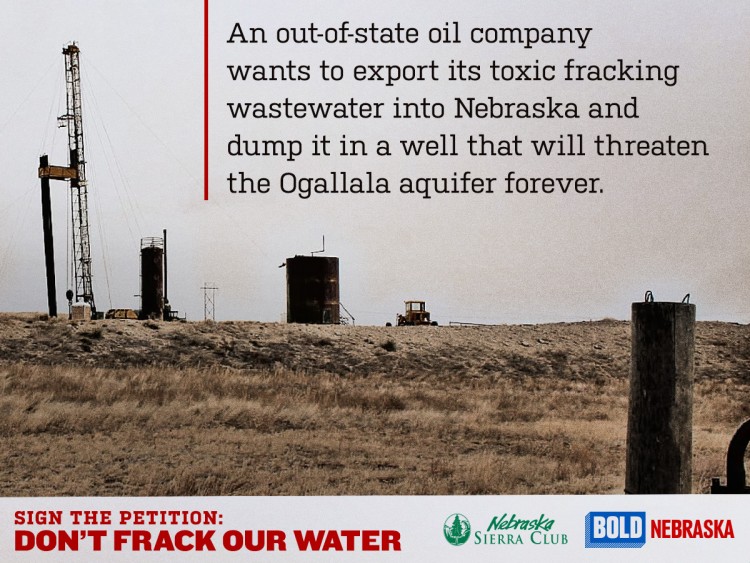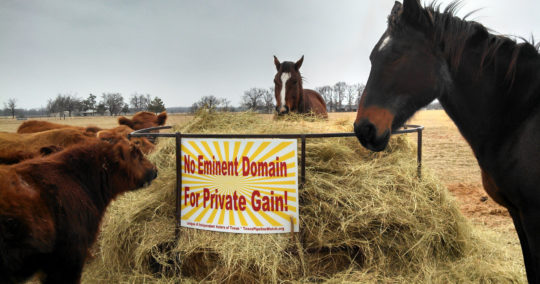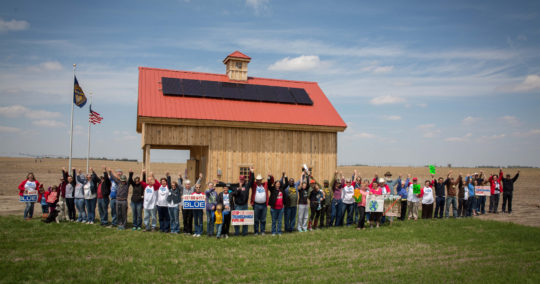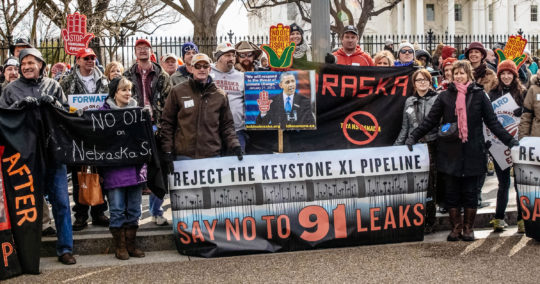

TELL THE LEGISLATURE: Please put in place a moratorium on any further importation of fracking waste and any new permits to dispose of such material, starting now.
The Natural Resources Committee of the Nebraska Legislature held a hearing March 11 on LB 512. Read the Omaha World Herald’s coverage of the hearing.
ACTION: Contact the members of the Natural Resources Committee:
Ken Schilz, Chairman, kschilz@leg.ne.gov, 402-471-2616
Curt Friesen, Vice-chair, cfriesen@leg.ne.gov, 402-471-2630
Jerry Johnson, jjohnson@leg.ne.gov, 402-471-2719
Rick Kolowski, rkolowski@leg.ne.gov, 402-471-2327
John McCollister, jmccollister@leg.ne.gov, 402-471-2622
Dan Hughes, dhughes@leg.ne.gov, 402-471-2805
David Schnoor, dschnoor@leg.ne.gov, 402-471-2625
Brett Lindstrom, blindstrom@leg.ne.gov, 402-471-2618
Also contact the introducer of LB 512, Senator John Stinner, jstinner@leg.ne.gov, 402-471-2802
Below are talking points you may consider when contacting your senators.
Tell the Nebraska Legislature:
DON’T FRACK OUR WATER
Please put a moratorium on the importation of fracking wastewater into Nebraska, and any new permits to dispose of such wastewater, until adequate safeguards can put in place to protect the interests of the residents of the area, the financial interests of the people of this state and our land and water, particularly our precious Ogallala aquifer and our drinking water.
- Nebraska is supposed to be the breadbasket of the world, not its garbage dump.
- An out-of-state oil company with a questionable record (“Terex” or “T-Rex Oil”) wants to bring toxic fracking wastewater into Nebraska, moving 80 truckloads carrying 10,000 barrels per day to be dumped into a disposal well in Sioux County — transferring the risk onto Nebraska farmers and ranchers.
- Is it a good investment? Will it generate a return for the people of the State of Nebraska–not just a few out of state investors?
- What assets of ours are at risk? Will our taxpayers be left holding the bag when something goes wrong?
- Does the company have the ability to back up their claims? What assets do they bring to the table? Are they going to be able to pay claims if something goes wrong?
- What is their track record? Have they ever done anything like this before?
Poorly managed agencies have caused immeasurable harm (just think of the victims of Nikko Jenkins, who should have been behind bars) and cost the state millions of dollars (i.e. DHHS). The Nebraska Oil and Gas Commission has engaged in some unusual behavior for a state regulatory agency, such as publicly endorsing the Keystone XL pipeline.
- What is the record of the agency that is supposed to regulate fracking wastewater wells?
- What is the Oil and Gas Commission’s relationship with the applicant?
Dangers from fracking waste
- Has this kind of activity caused harm in other states? YES! Try contaminating an aquifer, as happened in California, Pennsylvania and Texas; and earthquakes in Ohio, Colorado and Oklahoma (574 in 2014, versus 2 in 2008).
- Do we know what kind of garbage is being is dumped on us? NO! The companies hide behind proprietary exemption rules to hide toxic components, even though it’s hard to imagine why we shouldn’t have the right to know what they plan to dump on our state.
Local concerns
- Will this have an impact on local infrastructure? YES! Between 80 and 115 semi-truck loads of toxic fracking waste water will be trucked on Nebraska highways and street through communities, including running past an elementary school. This will damage highways, clutter up roadways with additional traffic, and endanger schoolchildren.
- Do the people of the area, the local communities, have a say in this process? NO! Right now the Oil and Gas Commission only has to consider the land within a half mile of the site, regardless of the fact that this plan to import another state’s fracking waste water crosses several counties and runs past and through many important and vulnerable natural resources.
Our counties, cities and NRDs should have the right to weigh in, to develop their own standards for the resources under their charge — whether it’s property values, schoolchildren or aquifers they have to protect.
Since there are many questions that need to be answered, and many of the questions already have negative answers, the Legislature needs to put the brakes on this process before irreparable harm is done to our taxpayers and our resources.
Although LB 512 has been introduced by Senator John Stinner to address some issues of fracking waste disposal, it only puts fees on disposal and does not address any of the questions raised above.




